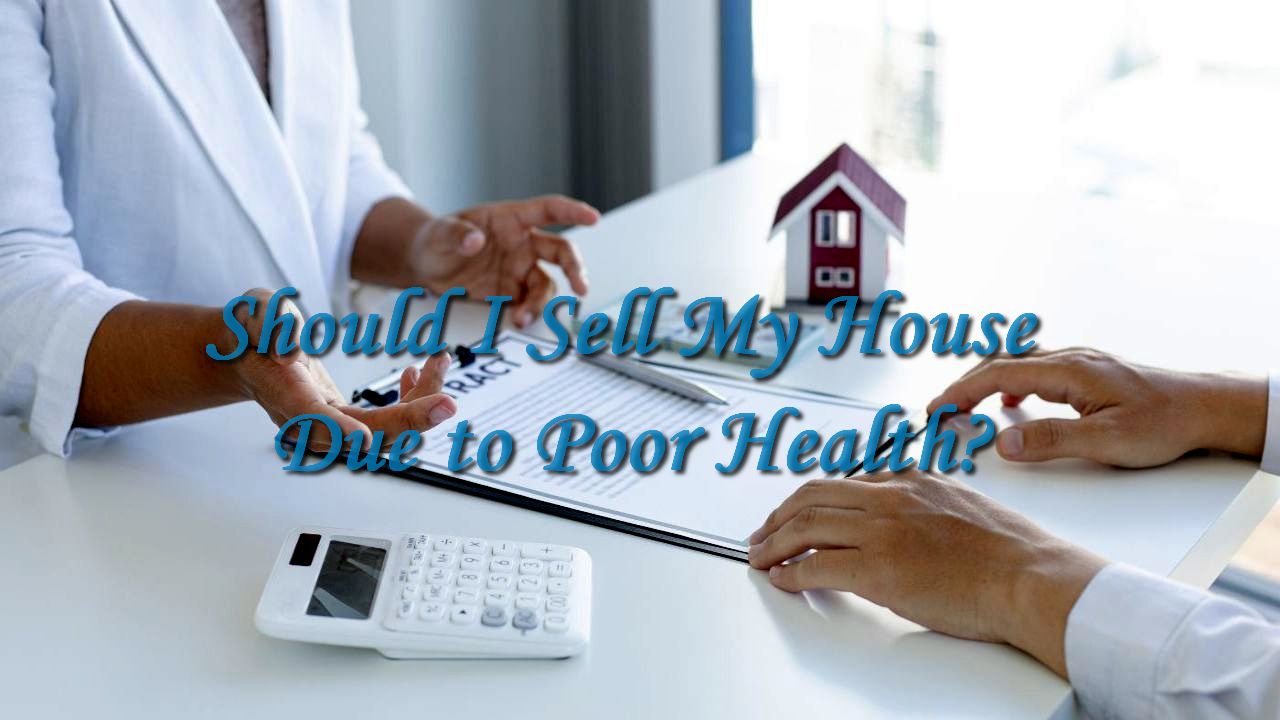Dealing with poor health can be an incredibly challenging experience. It not only affects our physical well-being but also impacts our emotional and financial stability. One of the difficult decisions that individuals facing health issues often grapple with is whether to sell their house. So, if you’re that person already despaired of the situation and almost ready to sell your house to one of those “We buy houses in Gladstone” companies, wait a minute! In this article, we’ll explore the factors to consider when making this decision and provide insights into the potential benefits and drawbacks.
Health Considerations

The first step in evaluating whether to sell your house due to poor health is to assess your current physical condition. Consider the severity of your health issues, the impact on your daily life, and any foreseeable changes. If your health condition significantly affects your ability to maintain the property, perform household chores, or navigate stairs, selling might be a practical choice. Prioritize your well-being and comfort above all else.
Financial Implications
Selling a house involves financial considerations. Begin by evaluating your financial situation. Are you struggling to cover medical expenses or other bills? Selling your house could provide a lump sum of cash that can be used for medical treatments, home modifications, or to secure a more suitable living arrangement. However, keep in mind that selling a property incurs costs such as real estate agent fees, closing costs, and potential capital gains taxes.
Emotional Attachment

Homes often hold sentimental value. You’ve likely created memories within those walls, and parting with your house can be emotionally taxing. Consider whether the emotional attachment to your home outweighs the practical need to sell. Some people find solace in staying in familiar surroundings, while others may feel burdened by the responsibilities associated with homeownership.
Alternative Housing Options
Explore alternative housing arrangements. Downsizing to a smaller, more manageable property or moving into an assisted living facility might be viable options. These alternatives allow you to maintain independence while minimizing the physical demands of homeownership. Additionally, consider renting out your property if you’re not ready to sell permanently.
Market Conditions

The real estate market plays a crucial role in your decision. Research local market trends and property values. If the market is favorable, selling your house may yield a higher return. Conversely, during a downturn, waiting might be prudent. Consult with a real estate professional to understand the current market dynamics and make an informed choice.
Social Support and Community
Evaluate the social network and community ties associated with your current home. Is your house located in a neighborhood where you have close friends, family, or a supportive community? These connections can significantly impact your overall well-being. Staying in a familiar environment with a strong support system can provide emotional comfort during challenging times. Conversely, if your house is isolated or lacks a supportive network, selling might be a more practical choice.
Deciding whether to sell your house due to poor health is deeply personal. Prioritize your well-being, weigh the financial implications, and consider alternative housing options. Seek advice from professionals, including real estate agents and financial advisors, to make an informed decision. Remember that your health and quality of life should guide your choice, regardless of sentimental attachments. Ultimately, the decision rests in your hands, and there’s no one-size-fits-all answer.
